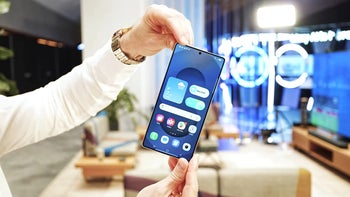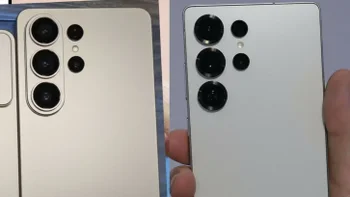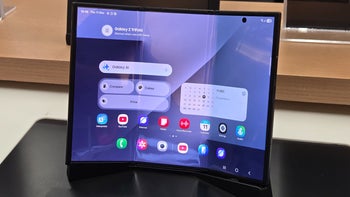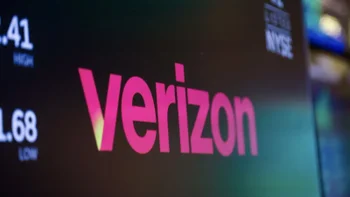FCC fights "bill shock"

Wireless subscribers are becoming increasingly wary of their bills. With incidents like Verizon's mistaken billing of $50 million, consumers are right to be mindful. But what can the FCC do about it?
In Q1 of 2010, the FCC received 5,130 inquiries, up 28% from Q1 of 2009. A study by the FCC also revealed that 30% of subscribers experience "bill shock."
The FCC already has rules against cramming, which is when a carrier lumps in an extra charge with other fees like taxes etc. Even so, subscribers are still receiving unwarranted charges. Many come from 3rd-party ringtone or other text-based services, which charge you again after your initial purchase. They can legally do this because their fine print allows them to trigger a subscription.
Amid the fraudulent charges, unfortunately, are the increasingly common charges for apps and other downloads; and the occasional data use if you don't have unlimited data. This makes it even harder for subscribers to recognize the fraudulent, or at least unintended, charges.
Senator Tom Udall [D-N.M.] has proposed that wireless carriers notify their customers, by text or email, when they have used 80% of their allowances. CTIA - The Wireless Association opposes any such legislation, saying that it "has the potential to cause customer confusion and frustration."
source: The Washington Post via textually
In Q1 of 2010, the FCC received 5,130 inquiries, up 28% from Q1 of 2009. A study by the FCC also revealed that 30% of subscribers experience "bill shock."
The FCC already has rules against cramming, which is when a carrier lumps in an extra charge with other fees like taxes etc. Even so, subscribers are still receiving unwarranted charges. Many come from 3rd-party ringtone or other text-based services, which charge you again after your initial purchase. They can legally do this because their fine print allows them to trigger a subscription.
Amid the fraudulent charges, unfortunately, are the increasingly common charges for apps and other downloads; and the occasional data use if you don't have unlimited data. This makes it even harder for subscribers to recognize the fraudulent, or at least unintended, charges.
Senator Tom Udall [D-N.M.] has proposed that wireless carriers notify their customers, by text or email, when they have used 80% of their allowances. CTIA - The Wireless Association opposes any such legislation, saying that it "has the potential to cause customer confusion and frustration."
source: The Washington Post via textually
Follow us on Google News












Things that are NOT allowed:
To help keep our community safe and free from spam, we apply temporary limits to newly created accounts: